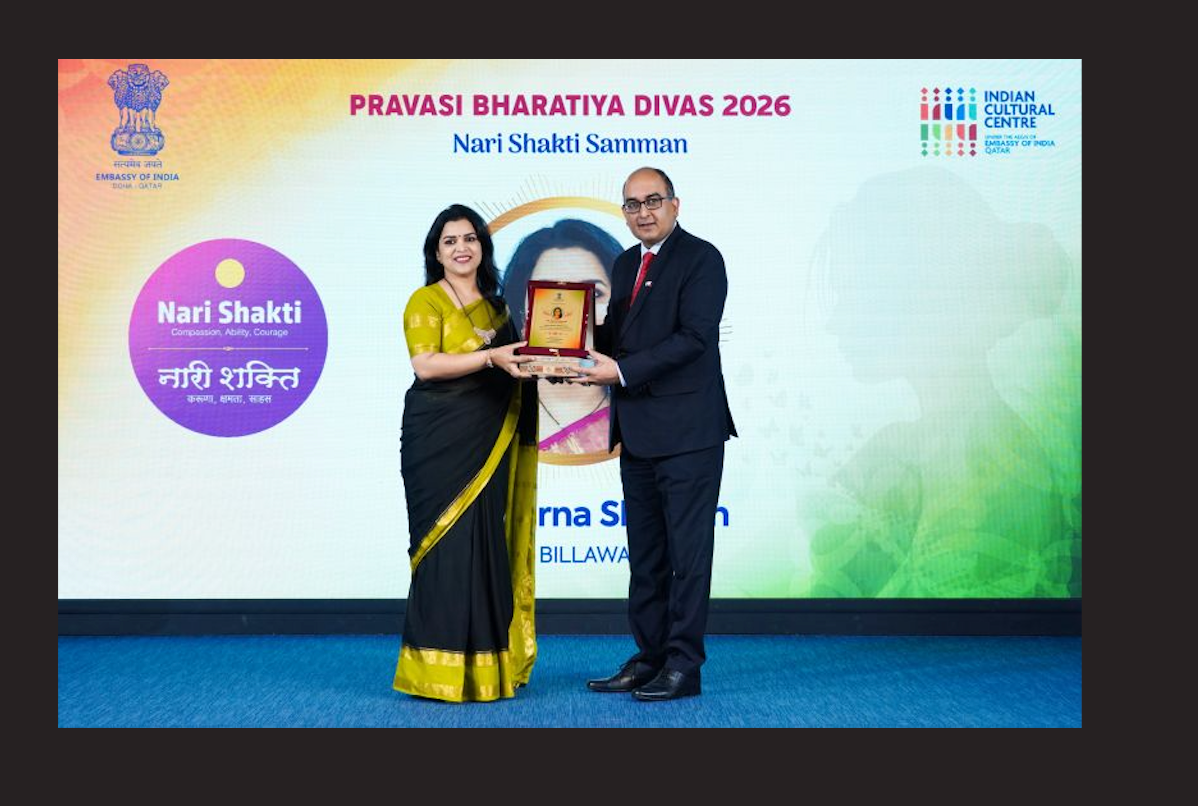-
Statement sparks debate online
-
From awkward questions to stereotypes, her post on everyday bias resonates with many immigrants
A non-resident Indian woman living near Toronto, Canada, recently took to Reddit to share her personal experiences with subtle racism, shedding light on the everyday microaggressions that often go unspoken but leave a lasting impact on immigrants of colour, reported gujaratsamachar.com.
In her post, the woman recounted several uncomfortable interactions — from having her ID double-checked at concerts and being eyed suspiciously at upscale restaurants, to assumptions about pricing in nail salons. However, it was a seemingly casual interaction at a spa that prompted her to speak out.
“I was at a spa, and this white lady asked where I was from. I said India. Then she said, ‘Did you learn English after coming here? Your English is exactly like mine.’ I told her I’ve spoken English all my life, and she just stared at me until her pedicure was done and she left. It wasn’t aggressive, but it was so ignorant,” she wrote.
She also mentioned a particularly frustrating comment:
“‘You’re not like the other Indians,’ they say. Apparently, that’s because I’m fair-skinned. How is that even a compliment?”
The woman’s post sparked a flurry of responses from fellow immigrants, many of whom related to her experiences. Some admitted to staying silent out of exhaustion, while others said they try to educate when possible
One Reddit user from Canada said, “I live near two schools and I get so conscious of stepping out whenever the high school kids are around — they are super racist.”
Another recounted, “My CFO asked if India got freedom or if we are still ruled by the British. I’m not even kidding.”
A third user remarked, “The average American knows nothing about India except for what is shown on TV, which is often stereotypical. Hence the amazement at our English proficiency.”
The original poster concluded her post by asking a key question that resonated with many:
“How do you all deal with it? Do you speak up? Let it go? Educate them?”
Her call for stories and solidarity triggered an online dialogue that not only exposed the subtle layers of racism faced by Indian immigrants but also offered a sense of community for those navigating similar experiences.











